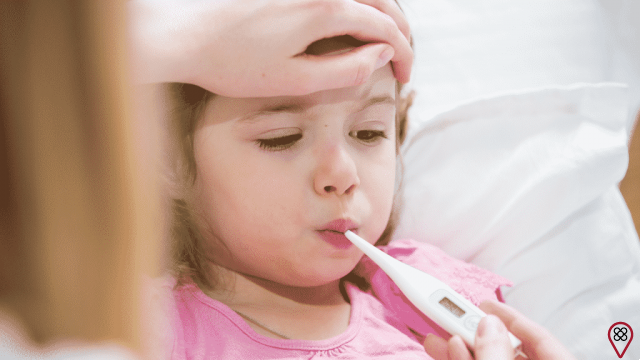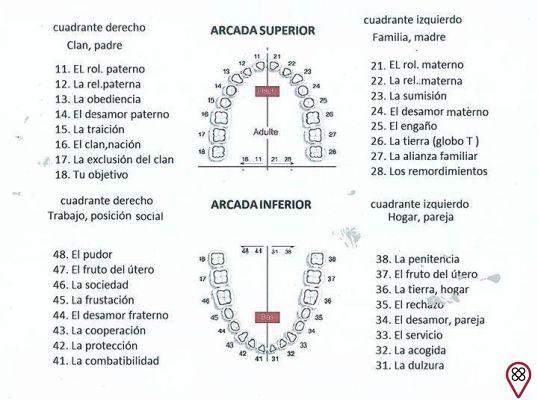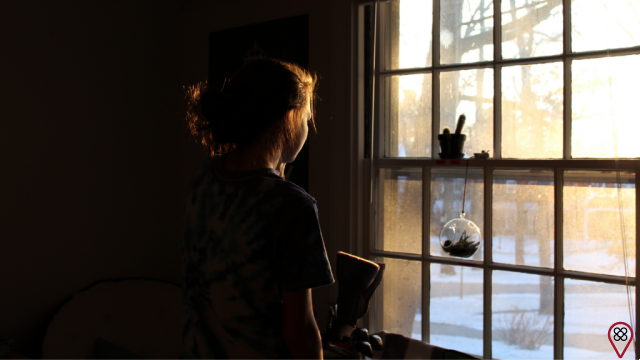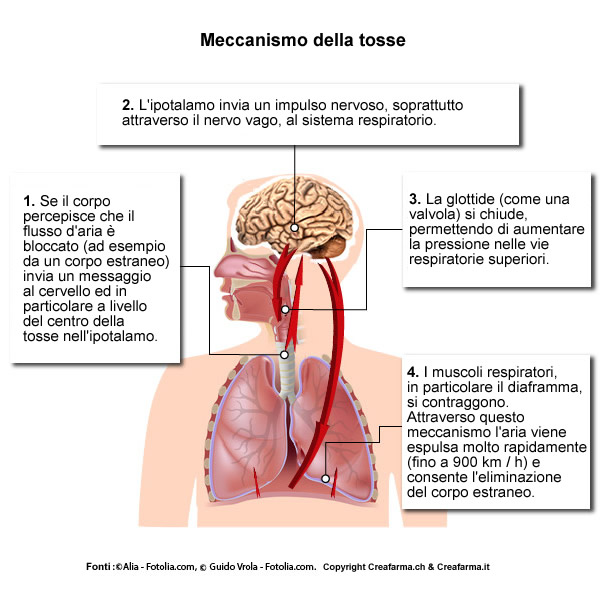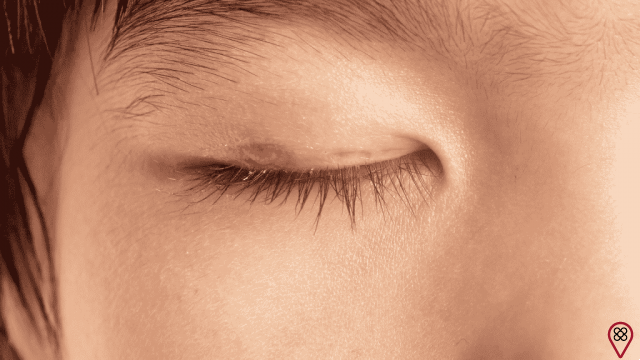Have you heard about the pineal gland? Today it has already been confirmed that it is responsible for the quality of our sleep and for our perception of the cycles of day and night, but for a long time it was referred to as an organ that contained the human soul.
This tiny gland — the size of an olive pit — sits at the center of our brain and is known in some religions as our third eye and in science for its role in regulating our day and night cycles and regulating sleep. Understand everything about the pineal gland right now!
What is the pineal gland and what are its functions?
The pineal gland, also called the epiphysis or just the pineal, is an endocrine gland, which means it produces hormones that are released and transported by the bloodstream to various organs in our body.
Quite small, with a size between 5 and 8 millimeters, the pineal weighs only 150 mg and is located in the diencephalon, which is close to the center of our brain.
The pineal produces melatonin. To produce this hormone, the pineal gland uses serotonin and the enzyme HIOMT (hydroxy-indole-O-methyltransferase).
What is melatonin for?
Okay, the pineal gland is responsible for producing melatonin, but what is the function of this hormone? You may have heard that melatonin is responsible for the pigmentation of our skin, but in addition to this role, it has a few others.
The pineal and its production, melatonin, are important for the so-called biological clock, which regulates the functions and processes that depend on the length of days and nights in our bodies. In addition, this hormone also influences growth and sleep cycles.

Melatonin is only produced by the pineal at night, due to the absence of natural light. Thus, this hormone is secreted during the night, so its concentration is reduced in the morning and increased in the night phase.
The hypothalamus, another part of the brain, works in “partnership” with the pineal gland, “telling it” when it is day or night. Both actively participate in the circadian cycle, which is responsible for making us understand the 24-hour periods that make up a day in our lives.
The pineal gland in body language
Have you heard about Body Language? It is an alternative and pseudoscientific theory that preaches that all our emotions, our thoughts and our feelings influence our physical body, so being sick emotionally, psychologically or sentimentally has an impact on our physical body.
According to Cristina Cairo, author of the book “The Language of the Body”, the pineal gland is the most intuitive and sensitive part of our body, being also responsible for our spiritual and metaphysical perceptions.

As it is directly linked to our sensitivity, excess rudeness or lack of delicacy in everyday life can affect the perfect functioning of the pineal gland, causing practical effects, such as insomnia or sleep at any time of the day, but also emotional and spiritual consequences, such as lack of meaning in life, high levels of skepticism and even lack of motivation and depression.
Keeping your sensitivity in check is essential for the pineal gland to be healthy, according to this alternative therapy. This can be done, for example, by being in constant contact with art, which demands and delivers what is most sensitive in life. Another way to stimulate these good feelings is through love, so being close to loved ones is a great way to stimulate the perfect functioning of this gland so essential to us.
Main problems in the pineal gland
The functioning of the pineal gland still remains largely a mystery to science, as it has only been studied in more depth since the 1950s.
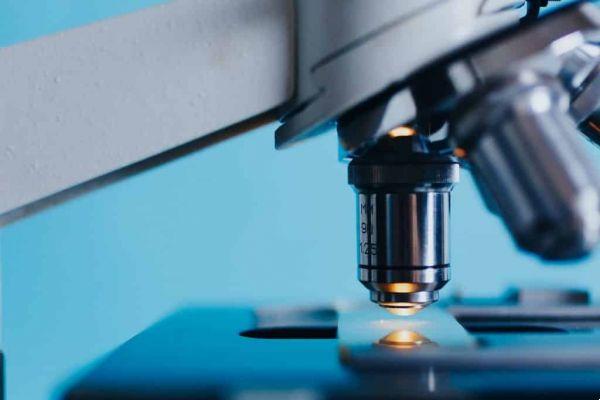
Even among endocrinologists, it is uncommon for diagnoses of the “pineal gland problem” type to arise, since, as explained earlier, the way it works is still being analyzed by modern science.
When there is little production of melatonin in the body, endocrinologists often prescribe the intake of hormones that stimulate or replace this failed production, in addition to determining more regular day and night cycles and nights of sleep.
What to do to have a healthy pineal gland?
As explained in the previous topic, the complete functioning of the pineal gland is still a mystery to science, so any recommendation that could be given regarding improving its functioning or keeping it healthy would not have scientific support, but some recommendations can be given. :
— Keep a cycle of day and night. Unless you, for example, work at night or at dawn, maintain stable day and night cycles. Do your activities during the day and rest at night;
— Try to have a fixed time to go to sleep and also to wake up, because this gives your body the notion of a 24-hour cycle, which helps a lot with the full functioning of your circadian cycle;

— Avoid too many lights and lighting at night. Melatonin is produced because there is no light at night, so staring at a computer, cell phone or television screen all night can be very harmful to the functioning of the pineal gland;
— Practice meditation, yoga, tai chi chuan or other relaxing practice, because these activities promote a “cleansing” in the mind and leave us more peaceful and calm to have a night's sleep and, consequently, a better day;
— Avoid processed foods and consume more organic ones. It is a consensus among endocrinologists that processed foods are bad for all the glands in our body, so maintaining a healthy diet will certainly help your pineal gland to function fully. Fruits and vegetables of any kind, as well as foods produced from them, are good for maintaining health, such as coconut oil, fruit smoothies and natural juices;
— Practice physical activities. They "tired" your body, which helps you have a better night's sleep and also keeps your body active and willing.
The origin of the study of the pineal gland
Studies of the human body have been done since the most ancient times. Despite this, the pineal gland has always received little attention, because science was more concerned with the functioning of more important organs, such as the lungs, kidneys or heart.
The scientist and philosopher René Descartes (1596-1650) — yes, the one who wrote “I think, therefore I am” — was one of the first people to dedicate much of his life to studying the pineal gland. He wrote two books on the subject, in which he claimed that the gland was the point of substantial union between the soul and the body. It must be remembered that, at the time, medicine and science, in general, were not separate from religion and spirituality.

Among followers of the Hindu religion, it is common to say, since time immemorial, that the pineal gland represents the “third eye”, since it is positioned in the center of the brain, between our eyes. The pineal gland is known with the Ajna chakra, the third eye chakra.
Among those who believe in communication and the interference of the supernatural world on our world, the pineal gland is often associated with gifts such as clairvoyance, telepathy and mediumship.
It was only in 1965 that the American scientist Aaron Lerner, from Yale University, in the United States, discovered that melatonin is present in large quantities in the pineal gland, which led science to explore its functions in relation to the production of this hormone. , later leading to the conclusion — already confirmed in peer-reviewed studies — that the gland is responsible for the production of melatonin and, therefore, for the regulation of the sleep cycle.
You may also like
- Natural ways to fight insomnia
- Discover the hidden power in the pineal gland
- Keep learning about the third eye
- Kiss on the forehead: an act of healing
Today better known as the pineal gland, for a long time it was just called the epiphysis, a word that derives from the Greek language. In this language, “epi” means “on” or “above”, while “physis”, which gave rise to “fise”, means “nature”. The name, therefore, signifies something that is above nature, that is, that has supernatural quality. This nomenclature is justified precisely because the pineal gland was related to the soul. As it was studied by science, the name pineal gland was preferred to dissociate this metaphysical concept.
Although much still promises to be discovered about the functioning of the pineal gland, its importance is already undeniable for us to have healthy day and night cycles, as well as quality sleep. Taking care of your pineal gland and having a routine that is careful with it is essential for it to always be up to date and in full operation!



